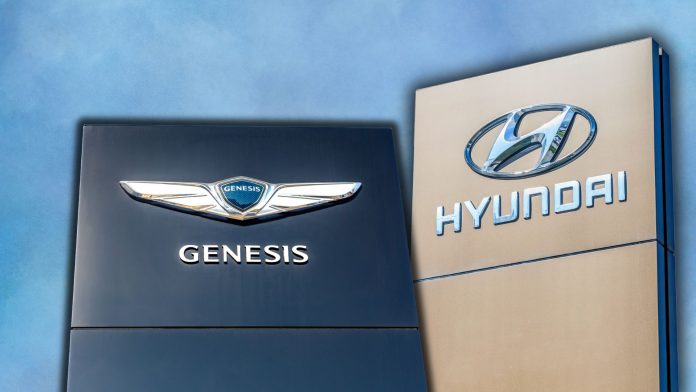Hyundai Motor Company, encompassing the Hyundai and Genesis brands, reported a global vehicle sales figure of 345,840 in April 2024, marking a 3.3% decrease compared to the previous year.
However, South Korean automakers are facing challenges in the EV segment, as evidenced by a sixth consecutive month of continuous decline in plug-in sales.
In April, Hyundai and Genesis saw a 24% drop in wholesale shipments of plug-in cars, totaling 21,605 units. Specifically, all-electric vehicle wholesale volumes decreased by 27%, with Hyundai’s all-electric sales down by 24% and Genesis by 57% year-over-year.
Despite this decline, the company surpassed 19,000 units in global all-electric car sales, slightly exceeding its wholesale figures.
Additionally, plug-in hybrid car sales decreased 7% year over year, while hydrogen fuel cell sales have been declining for 13 consecutive months.
Looking at the year-to-date performance, Hyundai’s plug-in electric car wholesale shipments amounted to 78,350, down by 31% compared to the previous year. This decline contrasts with the record-high figures seen a year ago.
Regarding specific models, Hyundai’s E-GMP-based lineup, including the Ioniq 5, Ioniq 6, and Genesis GV60, saw a 26% decline in wholesale shipments in April, marking eight months of continuous year-over-year decrease.
The top-performing all-electric models for Hyundai included the Ioniq 5 and Kona Electric. At the same time, Genesis struggled to maintain sales momentum across its electrified models, with a 57% decrease in wholesale shipments for the Genesis brand’s plug-in cars.
These figures indicate a challenging period for Hyundai and Genesis in the electric vehicle market, highlighting the need for strategic adjustments and innovations to regain momentum in the rapidly evolving automotive landscape.



